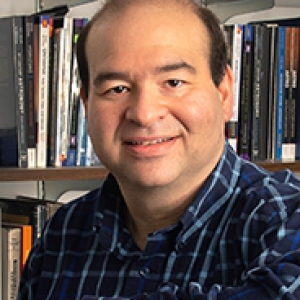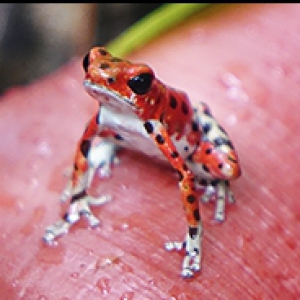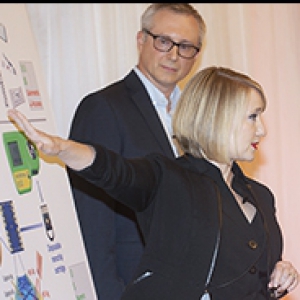Kenneth P. Dietrich School of Arts and Sciences

Friday, November 8, 2019
A new 5,000-eyed instrument is searching the skies for dark energy, and a star survey recently unveiled the smallest known black hole. Two teams in the Department of Physics and Astronomy are working to unravel the universe’s mysteries.

Monday, November 4, 2019
The space formerly known as the Academic Resource Center has a new name, a new look and a new approach to student success. With mobile study labs around campus, a Khan Academy-inspired video library and academic coaching provided by peers, the new Study Lab aims to provide everything students need to achieve their academic goals.

Wednesday, October 30, 2019
Nicole Mitchell, the William S. Dietrich II Endowed Chair in Jazz Studies, begins her first semester at Pitt with a revamped Jazz Week and big ideas for the future of the program.

Friday, October 25, 2019
Pitt senior Rachel Noah created her own University experience on her way to a career in arts management during a dream summer internship: on Broadway with the producers of “Wicked.”

Wednesday, October 23, 2019

Friday, October 18, 2019
Animals that seek mates and fight rivals that resemble their parents could be setting the stage for the formation of a new species, research from Pitt biology graduate student Yusan Yang and associate professor Corinne Richards-Zawacki indicates.

Friday, October 11, 2019
Pitt's University Library System is the publisher of a new journal dedicated to Pittsburgh native son and Pulitzer Prize-winning playwright August Wilson. The inaugural issue features contributions from the Department of History's Laurence Glasco and English faculty member emeritus Christopher Rawson.

Monday, October 7, 2019
The HIV Detective is a solution being developed for early, rapid diagnosis of HIV. The handheld testing platform would allow health care workers to gather a few drops of blood onto a sensor and provide results in one minute instead of the 24 hours currently required. This leap forward in testing is possible due to another recently developed Pitt technology — a THC breath test.



